UN rights chief warns Egyptian hunger striker’s life in ‘great danger’
The United Nations High Commissioner for Human Rights has warned of the deteriorating health condition of Egypt’s most prominent political activist Alaa Abdel-Fattah, stressing that the life of the jailed hunger striker is “in great danger” after more than 200 days of food abstention.
“I urge the Egyptian government to immediately release Abdel-Fattah from prison and provide him with the necessary medical treatment,” Volker Turk said in a statement on Tuesday, adding that, “His dry hunger strike puts his life at acute risk and in great danger.”
Abdel-Fattah has been on a hunger strike for 220 days against his detention and prison conditions.
The 40-year-old informed his family that he would stop drinking water on Sunday in an escalation of his protest, which coincided with the COP27 climate summit, the UN’s annual gathering of world leaders to discuss global warming, being held this year in Egypt.
Ravina Shamdasani, Turk’s spokesperson, said the official had personally spoken with Egyptian authorities on Friday to appeal for Abdel-Fattah’s release, stressing that, “We are very concerned for his health and there is a lack of transparency, as well around his current condition."
Abdel-Fattah, a blogger, a software engineer and an outspoken dissident, became prominent during the so-called Arab Spring protests, which started to sweep across the Middle East in 2011 and overthrew Egypt’s longtime dictator, Husni Mubarak.
The 40-year old activist spent most of the past decade behind bars, with his detention becoming a symbol of Egypt’s return to autocratic rule.
He was released in March 2019 after serving a five-year sentence for taking part in a peaceful protest against military trials for civilians. According to sources, he was arrested again in September in the same year on charges of spreading false news and inciting people.
Human rights groups and activists have constantly accused Egypt’s President Abdel-Fattah Sisi of violating public freedoms and suppressing opponents. According to rights groups, an estimated 60,000 political prisoners are being held in Egyptian jails.
The Egyptian president took power in 2014, a year after a military coup spearheaded by him toppled the country’s first ever democratically-elected president, Mohammed Morsi.
Thousands of supporters of Morsi, as well as activists like Abdel-Fattah, have been detained since the coup, with many of them dying in custody due to inhumane prison conditions and medical neglect.
CENTCOM confirms US troops killed in Iran’s retaliatory strikes
China ‘strongly condemns’ US-Israeli assassination of Iran’s Leader
Iran sees no limits in defending itself after Leader's ‘dangerous’ assassination: FM
IRGC strikes USS Abraham Lincoln aircraft carrier with volley of ballistic missiles
Iranian armed forces to pulverize US bases across the region: Pezeshkian
Enemy will take dream of enslaving the Iranian nation to grave: Army chief
IRGC launches largest barrage of missile strikes at Israeli occupied territories
Assassination of Ayatollah Khamenei ‘open war against Muslims’: Pezeshkian


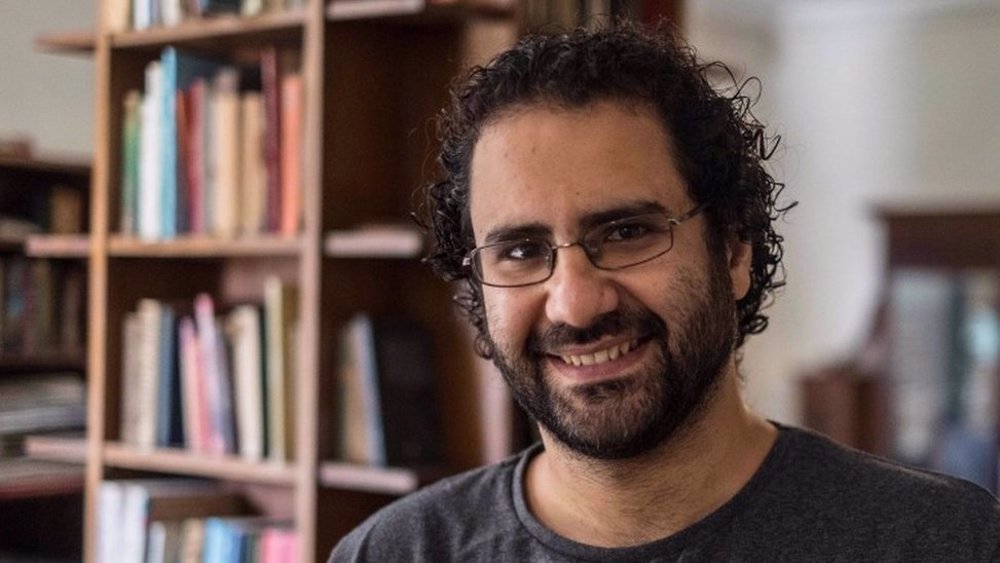
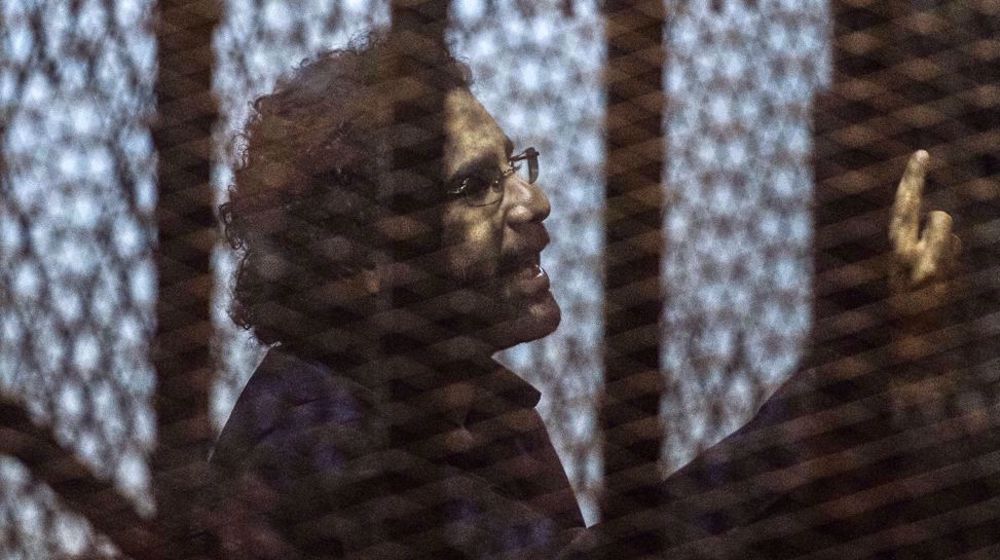
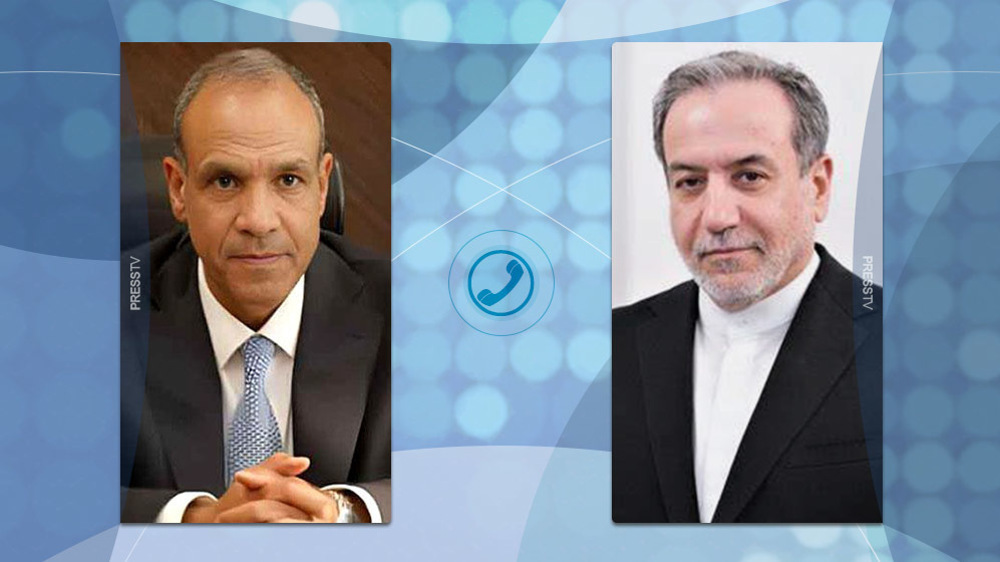
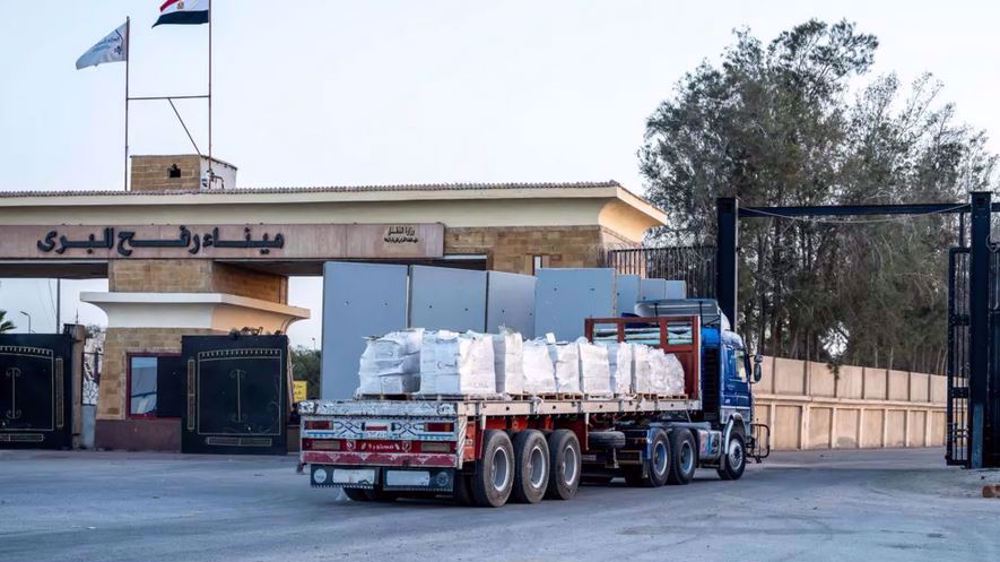
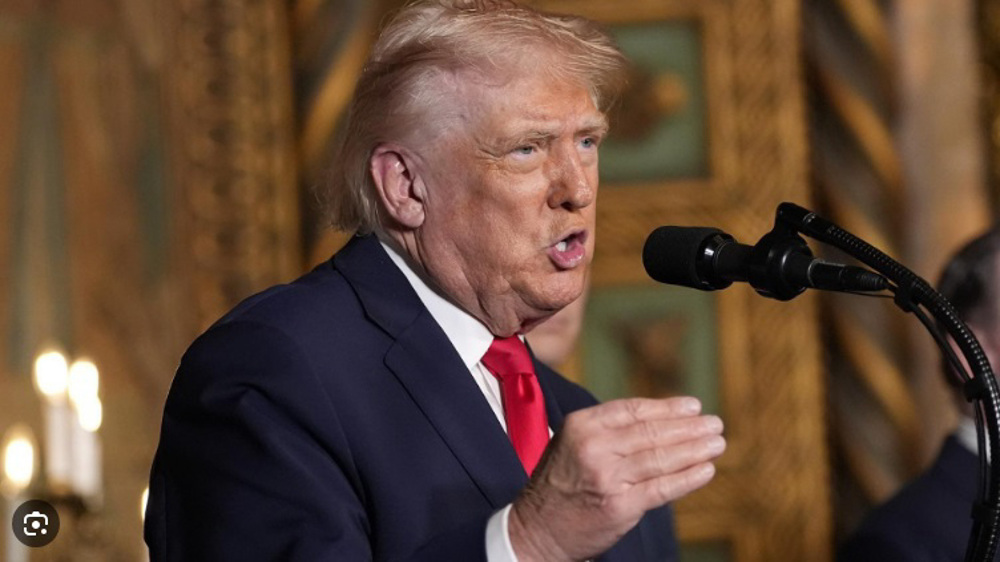




 This makes it easy to access the Press TV website
This makes it easy to access the Press TV website